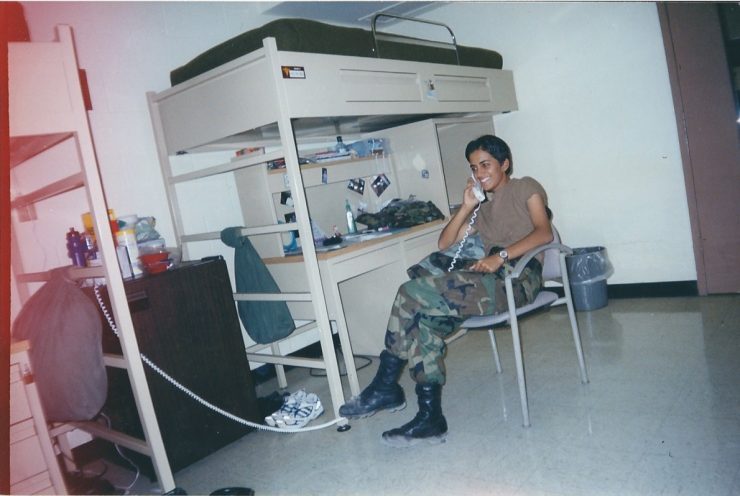Twenty years ago on March 19, 2003, the United States began its invasion of Iraq with its “shock and awe” campaign. I remember then, as an enlisted Army soldier staring mouth agape in shock at the images coming back on CNN and other news sites – the bombs going off, flames up in the air, embedded reporters awestruck at the sheer power of the U.S. military’s weapons. But it wasn’t the shock and awe of the bombs being dropped that left me speechless. It was the consistent jingoistic march from Afghanistan to Iraq, and the final invasive act of the push to war that left me questioning all of my beliefs about the military and the United States.
I joined the military in March of 2000 for the same reason many enlisted people do–to escape our lives. It’s ironic that for many people, joining the military, a service where you literally sign your life away to the government, is the best option they have for survival in this country. The school-to-military pipeline, much like its cousin, the school-to-prison pipeline is dependent on the conditions created by the government’s longitudinal violence enacted on Black and brown communities, which creates the social conditions that feed the reliance on death-making institutions like the military, for basic survival. For me I was escaping an abusive and unsupportive household. For others in my platoon it was escaping gun violence in their communities, lack of opportunities with jobs after highschool, or just getting away from a life they knew wasn’t going anywhere good. Joining the Army also seemed like the only viable way for me to go to college without drowning in massive student debt. Thus, with less than 1% of the population serving in the military, the burden of service is borne by those who need social services the most, for that is what the military provides–a safety net where all you have to do is sign your life away.
The march to the Afghanistan and Iraq wars happened swiftly after 9/11. The one bright light that I remember was the singular, defiant and courageous act by Congresswoman Barbara Lee who in a historic speech pleaded with Congress to halt their march to war and vote against the passage of the Authorization for Use of Military Force (AUMF) that gave then President Bush the power to use all “necessary and appropriate force” for war anywhere in the world, at anytime. Rep. Lee saw through the jingoism and saw instead the longitudinal damage that endless wars would do to people both within the U.S. and Afghanistan.
20 years later, no weapons of mass destruction were found in Iraq, and thousands of lives on both sides of the war were lost. According to Brown University’s The Cost of War project, Over $8 Trillion was spent on the post-9/11 wars in which 38 million people were displaced, and over 929,000 people killed due to direct war violence and the after effects of war. There are also long-term climate impacts of the wars that we’re only just beginning to understand. From deforestation in Afghanistan and Iraq, rising temperatures, the use of toxic burn pits, and toxic soil left over from the incessant bombing of the earth – all have wreaked havoc on the people and the land of Iraq and Afghanistan, thereby cutting off livelihoods from farming and other important trades.
Ironically, the same week that marked the 20th anniversary of the Iraq War also marked the release of the final Intergovernmental Panel on Climate Change (IPCC) assessment. The IPCC study took nearly a decade to complete and involves the work of the leading climate scientists from around the world. The message in the report is crystal clear–everything must change if we are to reverse the climate crisis and save our planet. If we continue on our current course, IPCC experts state that it is likely that we breach a 1.5C change in temperature by 2030, a clear tipping point in the climate crisis–a point where the damage to our planet may become irreversible. The report also stresses the urgent need to decarbonize our energy sources and move all energy sources to renewables. Moving forward, all carbon must be left in the ground in order to save our planet.
What does the military have to do with the climate crisis? The U.S. military-industrial complex (which includes the U.S. Department of Defense (DOD) and all of the private corporations that benefit from war) is the world’s single largest consumer of oil and the world’s top greenhouse gas emitter. If we want a healthier planet for us all, the only option is not to reform the military-industrial complex or to create a cleaner/greener war machine (which the DOD is pushing for in their Climate Adaptation Plan), but it is complete abolition of the military-industrial complex altogether. There is no cleaner, greener way to fight a war, just like there isn’t a kinder, gentler way to police people. Producing a more energy efficient bomb doesn’t reduce the impact of that bomb on the people it murders or the planet it devastates.
Abolition of the military-industrial complex would also include abolition of the school-to-military pipeline. For when there is no option for young people who have been traumatized by generational violence, gun violence, long-term state sanctioned violence on Black and brown communities, the shuttering of mental health clinics, the closing of schools – when there is no option but to join a death making institution in order to make enough money to live – well, is that really an option at all, or a death sentence for our people and our planet? The only option we have then to save our people and our planet, is to abolish the death making machine that is the military-industrial-complex.
Research for this article was supported in part by the Soros Justice Fellowship, which is funded and administered by the Open Society Institute (OSI). The opinions expressed herein are the author’s own and do not necessarily express the views of OSI.






